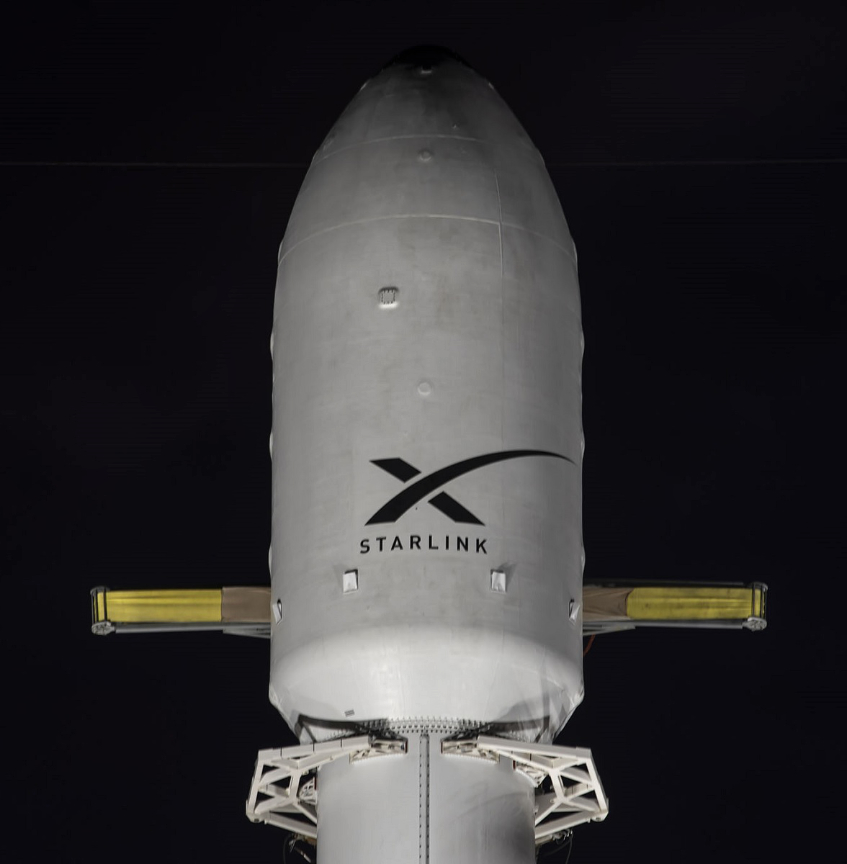
SpaceX has won a portion of the US government’s scheme to provide satellite-based broadband access to rural users.

The pay-out, which totals $885.5 million, is part of the FCC’s Rural Digital Opportunity Fund (RDOF). SpaceX, and other non-terrestrial suppliers, had previously complained that they were being excluded from being considered.
In total the FCC has awarded $9.2 billion to 180 bidders and serving some 5.2 million homes and businesses. The FCC says this is less than it was planning to award, and its next phase would be larger with funding of some $11.2 billion available. SpaceX must supply broadband to 642,925 locations spread over 35 States. Hughes Network Systems is another successful bidder, but for a much smaller amount ($1.27 million and serving 3,678 locations in Rhode Island).
Both Hughes and rival Viasat of California, say they expect to benefit from the Phase 2 portion of the scheme.
Key to the payment for SpaceX is the cost of its Starlink send/receive broadband satellite antenna. There has been much speculation as to the real cost of each antenna, with some critics saying that the technology is priced at “thousands” of dollars. However, the RDOF fund allows SpaceX to start mass-production and – hopefully – bring the cost down.
The other winners of the FCC’s RDOF cash come from the cable and telco community. Charter Communications gets $1.22 billion and must serve more than 1 million locations spread over 24 States. LTD Broadband was awarded $1.3 billion and must supply broadband to 528,000 locations across 15 States.
The FCC says that that almost all (99.7 percent) of the suppliers have agreed to supply service of at least 100/20 Mb/s and for 85 percent of suppliers it will be gigabit broadband.
Other winners include:
- Rural Electric Cooperative Consortium, which won $1.1 billion for 618,000 locations in 22 states
- Windstream, which won $522.9 million for 192,567 locations in 18 states
- Frontier, which won $370.9 million for 127,188 locations in eight states
- AMG Technology Investment Group, and which has been a bidding entity for Nextlink, which won $429.2 million for 206,136 locations in 12 states
- ReSound Networks, which won $310,681,00 for 219,239 locations in seven states
- CenturyLink, which won $262.3 million for 77,257 locations in 20 states
Also being reported by Advanced Television is the US Senate has confirmed President Trump’s nomination of Nathan Simington to a seat on the Federal Communications Commission (FCC).
After working at the Washington, D.C. branch of Brightstar Corporation, Simington served in the Department of Commerce for five months.
Federal Communications Commission Chairman Ajit Pai said, “I congratulate Nathan on his confirmation by the US Senate and look forward to welcoming him to the Commission. It has been the greatest honour of my professional life to serve at the FCC, and I am confident that Nathan too will enjoy the challenges and rewards of the job. Nathan was raised in a rural community, and his confirmation ensures that this important perspective will continue to be represented on the Commission for years to come as the FCC continues its work on bridging the digital divide. And with his experience at NTIA and in the private sector, Nathan is well-positioned to hit the ground running. I wish him all the best going forward.”

